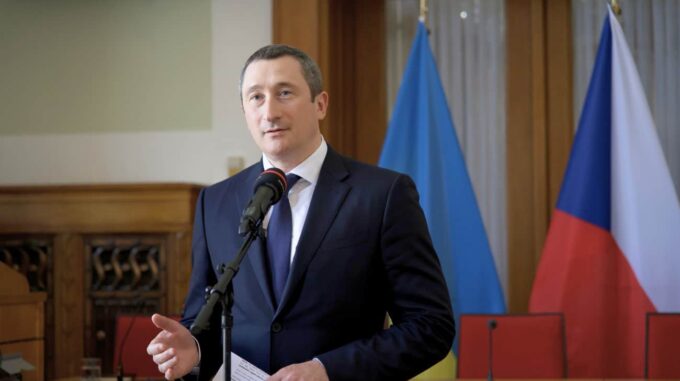Ukraine and the European Union prepare for the future: what awaits Ukrainians after the end of temporary protection in the EU

The Ukrainian government has announced with optimism the next steps regarding the fate of Ukrainian refugees in the European Union after the expiration of the temporary protection mechanism introduced in response to large-scale Russian aggression. According to Ukrainian Vice Prime Minister Oleksiy Chernyshov, a plan of action for Ukrainians in the EU has already been outlined, covering several possible scenarios. Data shows that the temporary protection status for Ukrainians in EU countries will end on March 4, 2027. After that, Ukrainian refugees will be offered either to return home or to change their legal status in their host countries if they have employment, skills, or are studying there. On June 13 in Luxembourg, Oleksiy Chernyshov informed journalists about this, emphasizing that the process of ending the protection status is already being actively discussed with European colleagues. According to the Ukrainian Vice Prime Minister, the Ukrainian government has received official confirmation of an extension of the temporary protection for one more year — until March 2027. This decision is important for providing Ukrainians with clarity in planning their lives, work, and security. "We aim to give our compatriots the opportunity to plan their future and avoid leaving them in uncertainty," Chernyshov stated. Currently, over 5 million Ukrainians are in the EU under temporary protection status. The majority — about 60% — live in Germany, Poland, and the Czech Republic. Germany has accepted the largest number of Ukrainians — over 1.2 million. These figures highlight the scale of the humanitarian crisis and the importance of coordinated EU actions to protect and integrate Ukrainian refugees. From the perspective of Ukrainian officials, if the war in Ukraine ends and stable peace is established, they will be prepared for an organized and voluntary return of a significant part of Ukrainians home. To facilitate this, special centers called "Unity Hubs" are planned to be established in EU countries. These will serve as platforms to provide professional consultations and services, especially for those considering returning to Ukraine when it becomes safe to do so. Chernyshov emphasizes the importance of preparing such centers in the capital and other key cities across the EU, so that all Ukrainians have access to necessary information and support. "These hubs will help not only those returning home but also those choosing to stay in Europe and integrate into the local community. They will be able to learn the language, find jobs, develop their skills, and become a real asset for the host countries," he notes. The European Commission has also announced plans to prepare relevant recommendations for EU member states. At the end of May this year, the Commission proposed a coordinated approach to the end of temporary protection. Such recommendations include either transitioning Ukrainians to new legal statuses or assisting their return home, depending on circumstances and the refugees' wishes. An important aspect is that Ukrainians will be given the opportunity to change their status in the host country, obtain work and residence permits, or receive support for reintegration into Ukrainian society. This is part of a comprehensive program aimed at ensuring consistent standards and coordinated preparations for the termination of temporary protection. Currently, various programs and initiatives are in place to prepare Ukrainians for return and integration, though no comprehensive quantitative assessment of these efforts has yet been made. The transition process is expected to be as transparent and convenient as possible, taking into account individual needs. At the same time, Ukrainian and European authorities are firmly committed to ensuring safety and stability for Ukrainians in the EU while also providing opportunities for their active participation in the life of their host countries. This aligns with the overarching strategic goal to motivate Ukrainians toward constructive cooperation, facilitate their adaptation, and support Ukraine during the prolonged war. In conclusion, informing and preparing for the end of the temporary protection period is a systemic step that should underpin a stable future for Ukrainian refugees in the European Union. Governments and international organizations are working to create conditions that will help Ukrainians make informed and safe choices: to return home or stay in Europe under new legal frameworks, with proper support and opportunities for development.

